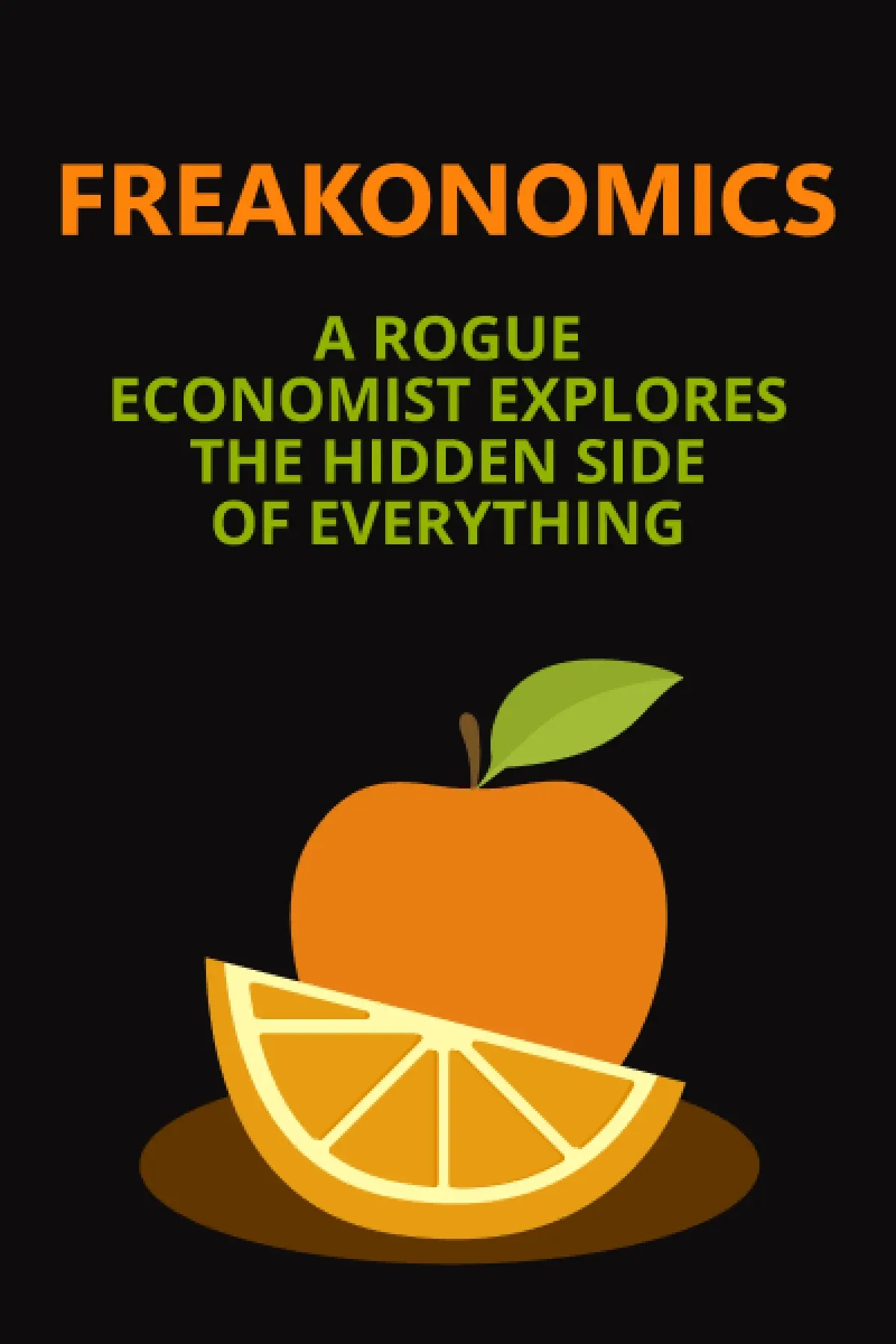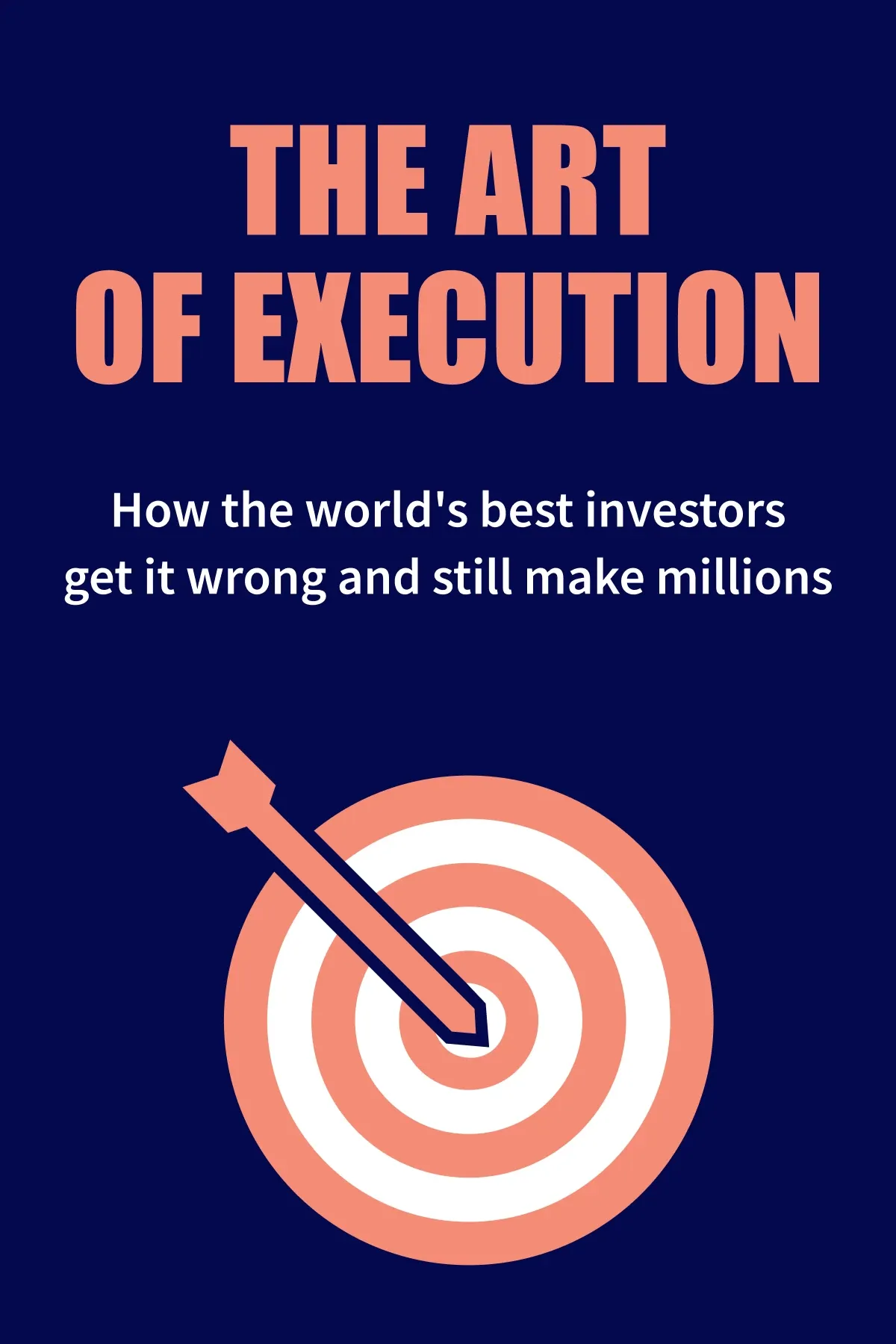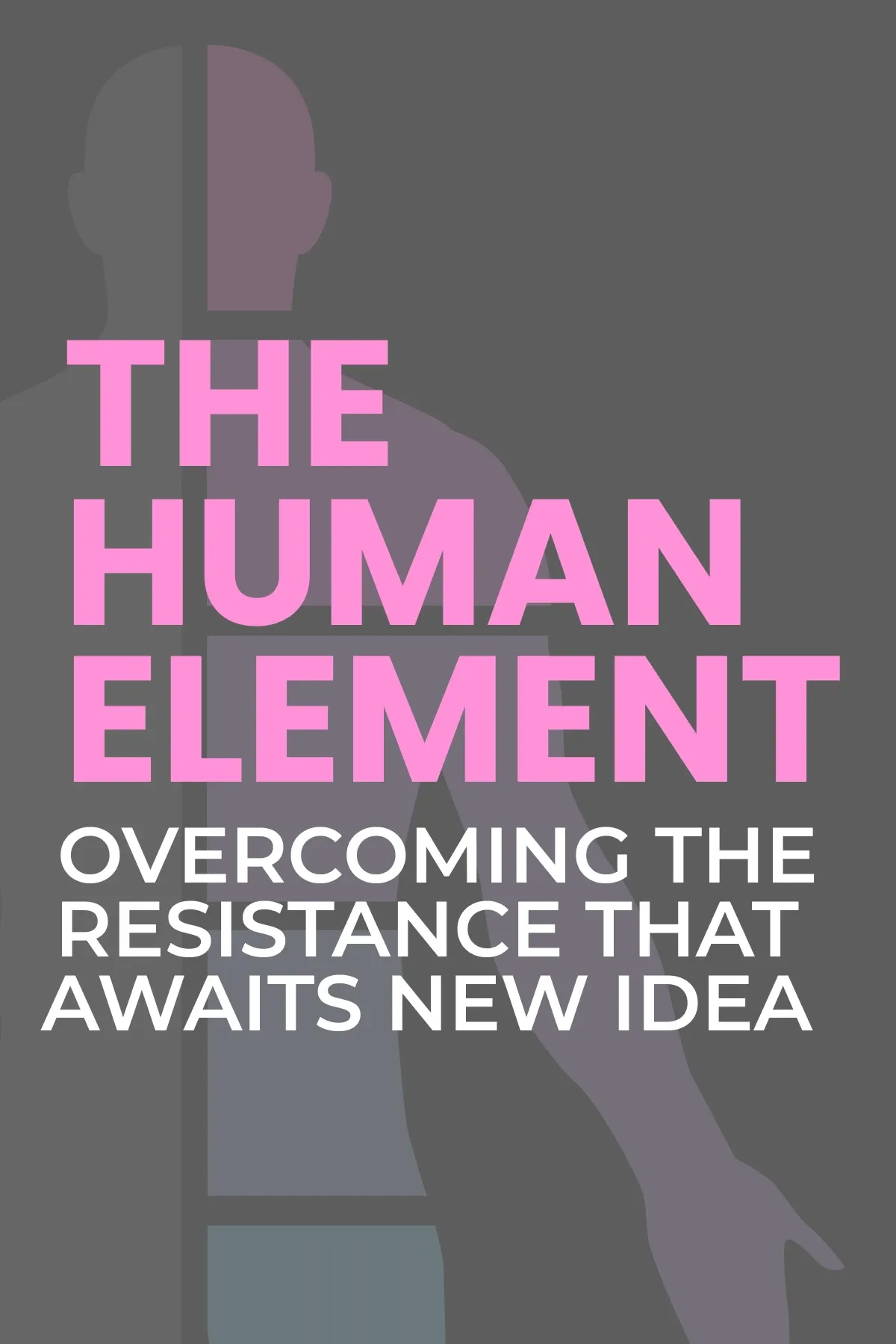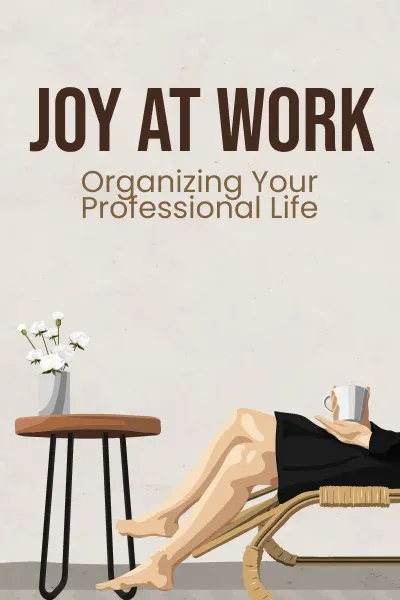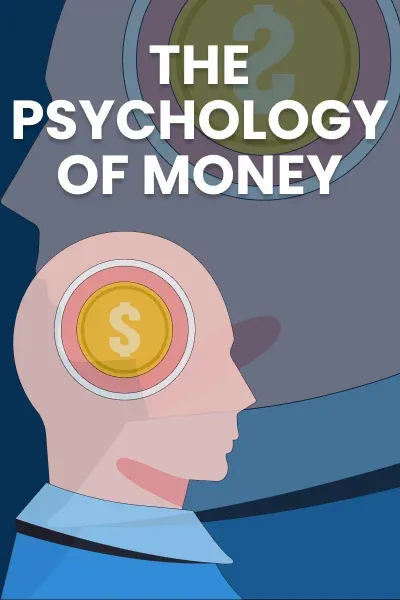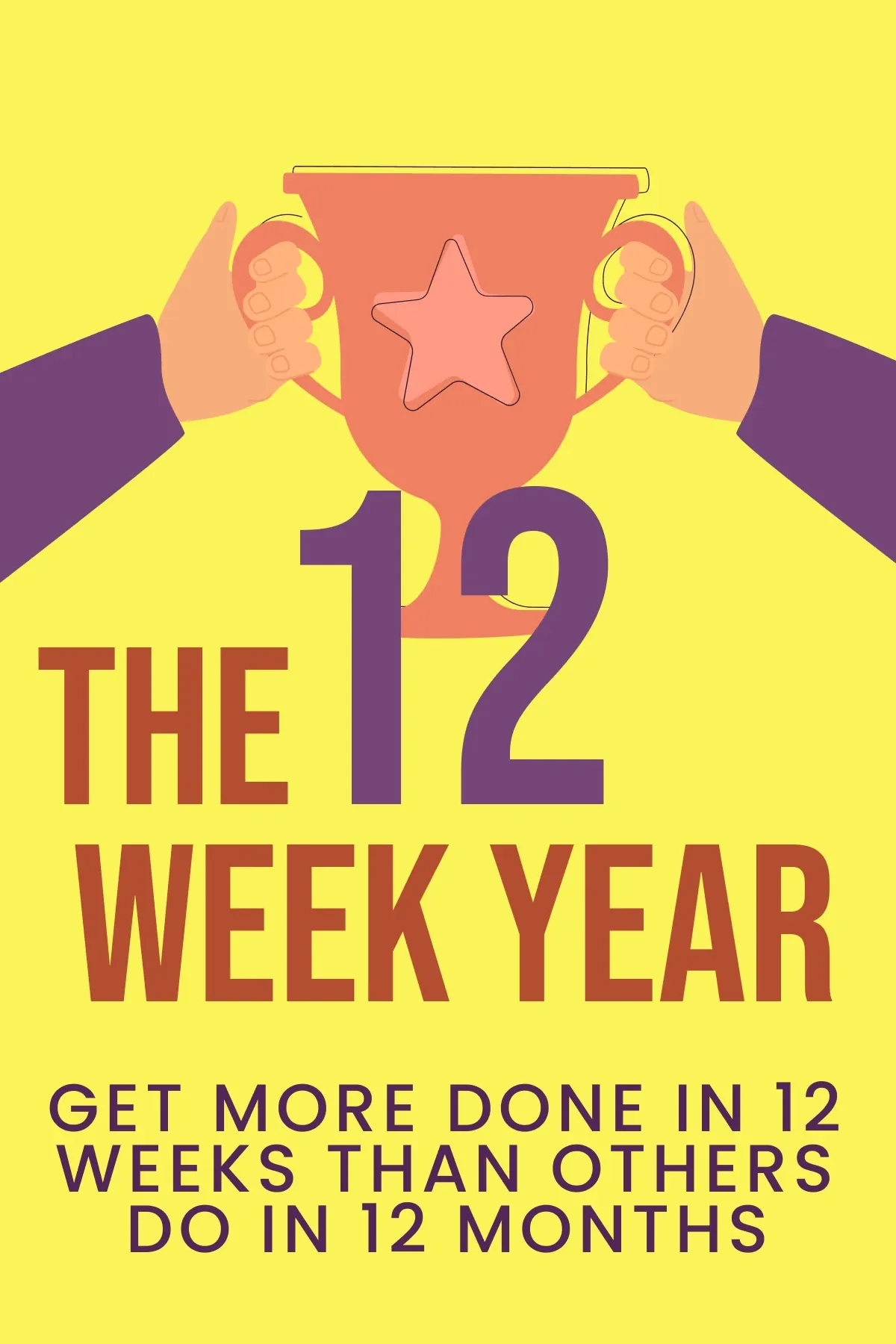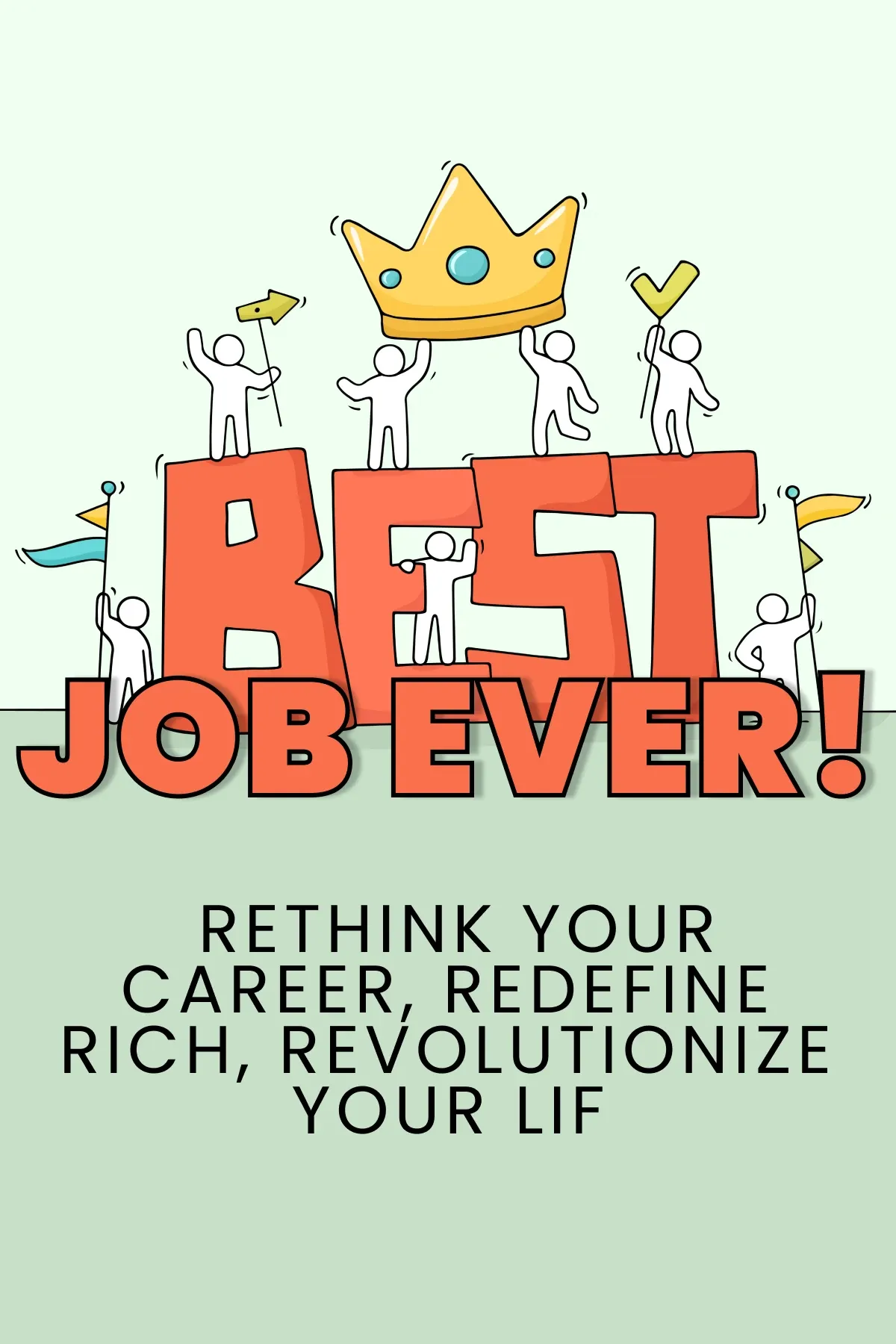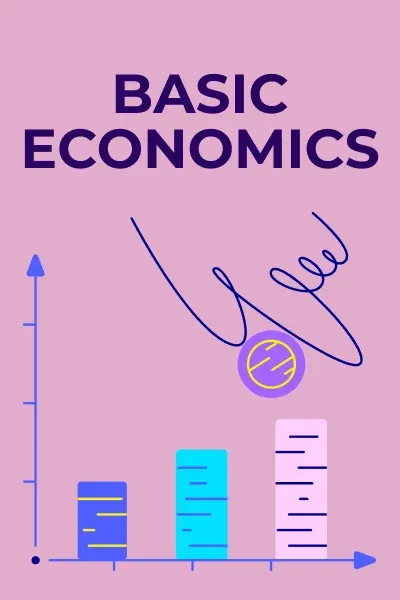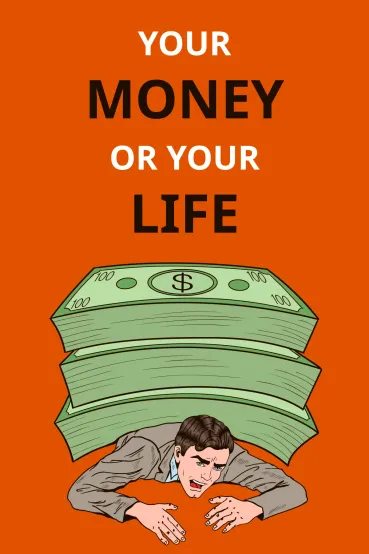
Your Money or Your Life
Brief Summary
“Your Money or Your Life” by Vicki Robin and Joe Dominguez explains how to change your attitude toward money and remain content by spending less. Whether you wish to get out of debt or strive to become a millionaire, the advice in the book will help you get closer to your goal.
Topics
Key points
Key idea 1 of 6
Analyzing the circulation of all your finances is an essential step toward taking control of your financial health. First, you must determine how much money you have earned over the years. Next, you should focus on your capital. Balancing your assets and liabilities will give you an overall picture of your net worth.
At first glance, establishing the chronology of all incomes seems daunting. However, most of us have bank statements, checks, or other documents that reflect our earnings. Difficulties may arise with unofficial income, such as tips for waiters, financial "thanks" for doctors, or after-hours customer consultations. If you have received such rewards, take them into account. Knowing the exact amount rather than an estimated figure is crucial.
Here is an example of why this step is necessary. One woman was a housewife for a long time before her marriage ended in divorce. She had always doubted herself and thought she couldn’t do much on her own. One day, she analyzed her income from her years of working at various jobs. As it turned out, the woman received more than 50,000 dollars. This reminder motivated her to apply for a position with a high salary.
After calculating your income for the past years, remember that you have a certain amount now. Your financial situation, property, and debts represent your net worth. So now you must list everything you own. Start with liquid assets—entities everyone can convert into cash at minimal cost to repay debt obligations. For example, it can be health insurance or cash in the cash register.
It is also worth knowing the market value of your property to determine the fixed assets. You can engage an estate agent or find the price of your properties on websites. Knowing the actual value of your possessions gives rise to their significance. Remember to account for your liabilities, which include all your debts, such as unpaid utility bills or outstanding loans. Even the smallest debt is worth paying attention to, not to mention bank loans.
Initially, this financial audit may seem overwhelming. The knowledge of your spending might feel like you've dropped all your money into a bottomless pit. But it’s essential not to blame yourself for any of your expenses. Self-compassion is vital for creating a clearer financial picture and planning for the future.
FAQ
You may also like these summaries


